Building Responsibly: Discover more about our key partnerships
Building Responsibly: Discover more about our key partnerships
Materials, Innovations & Environmental Initiatives
Materials, Innovations & Environmental Initiatives
Hudson Ridge remain interested in the development and progression of how building products and materials are made.
We keep a close eye on our partnerships for innovations and environmental initiatives to ensure every home is built safely and responsibly.
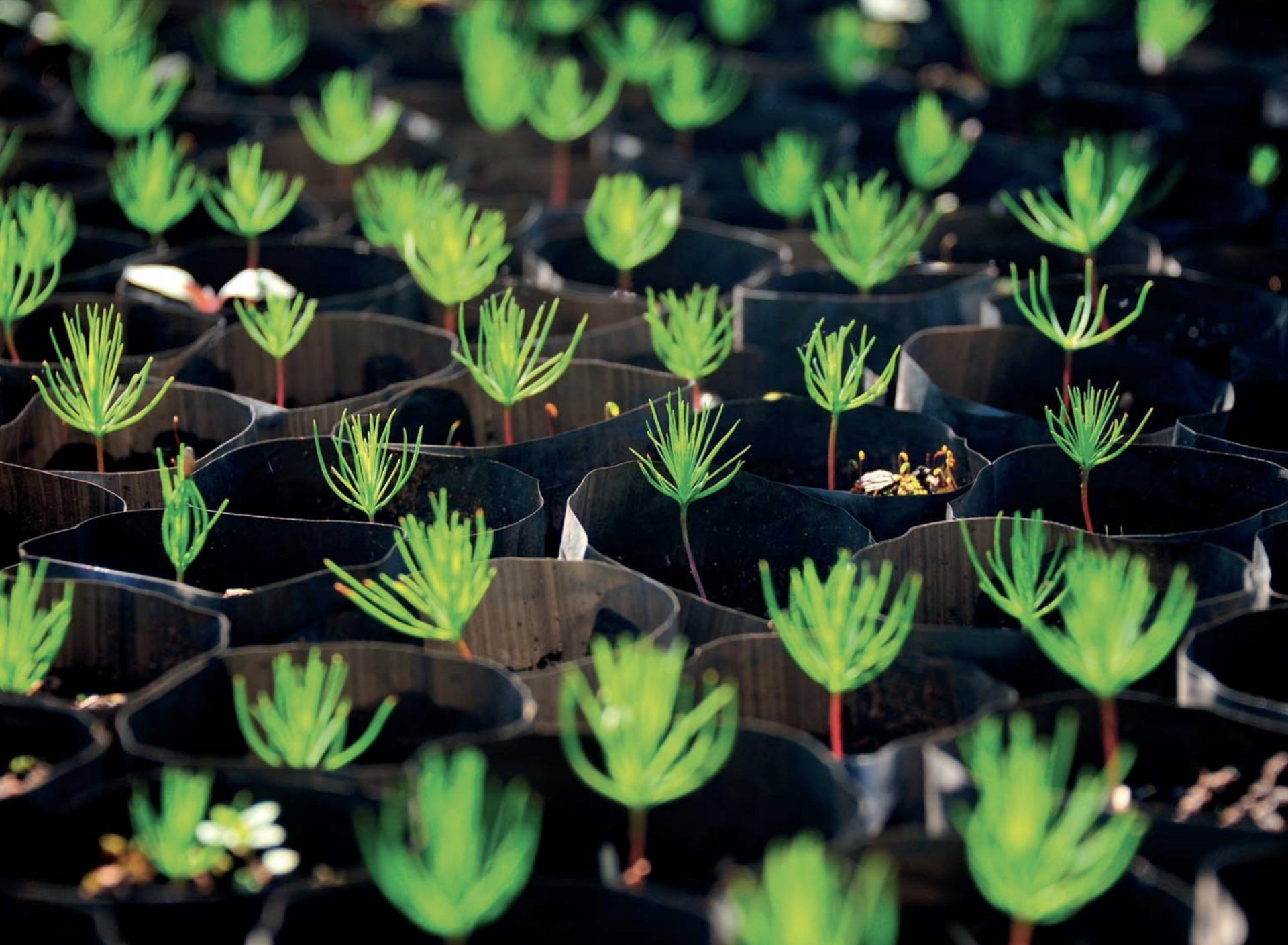
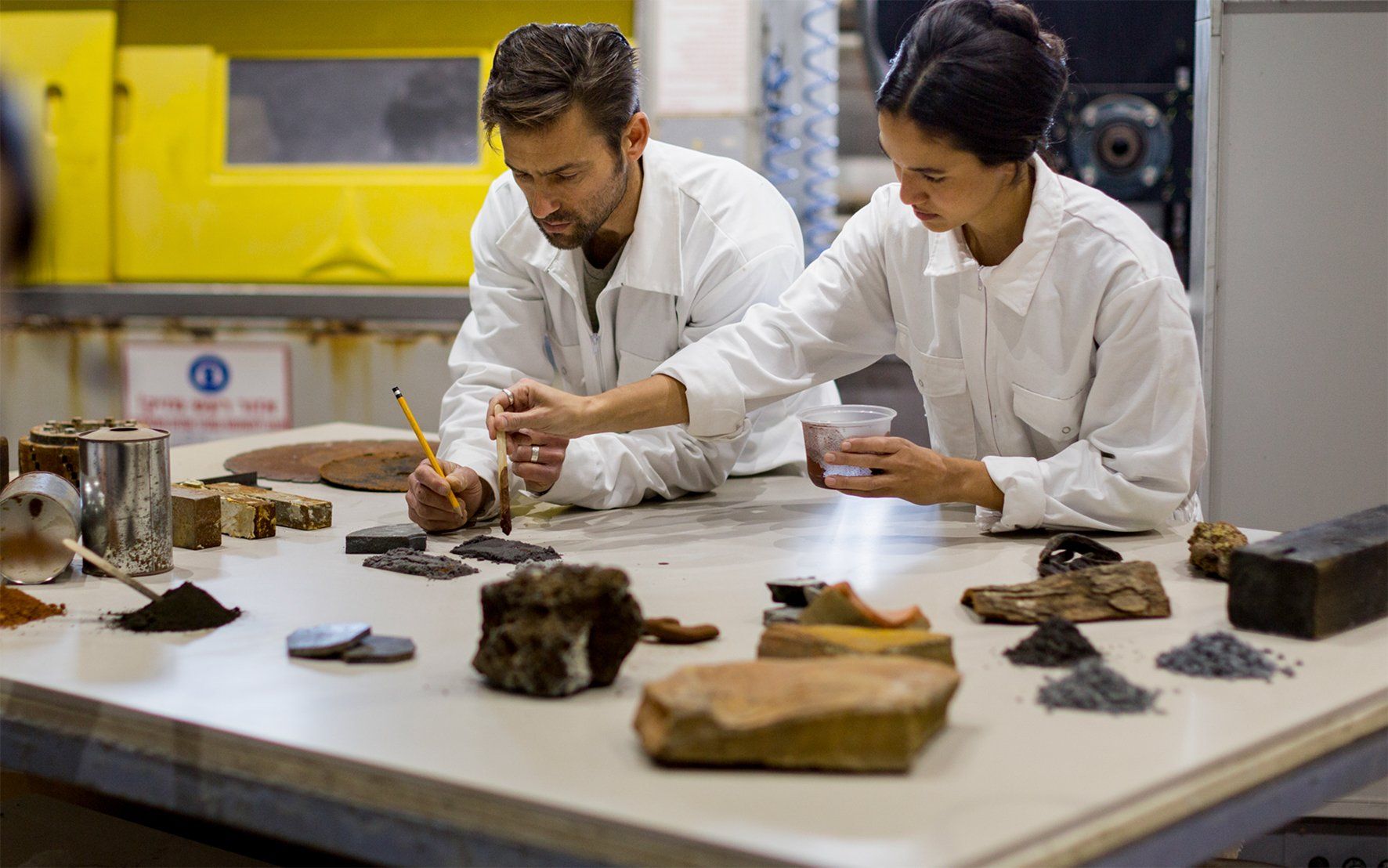
Slide title
Write your caption hereButton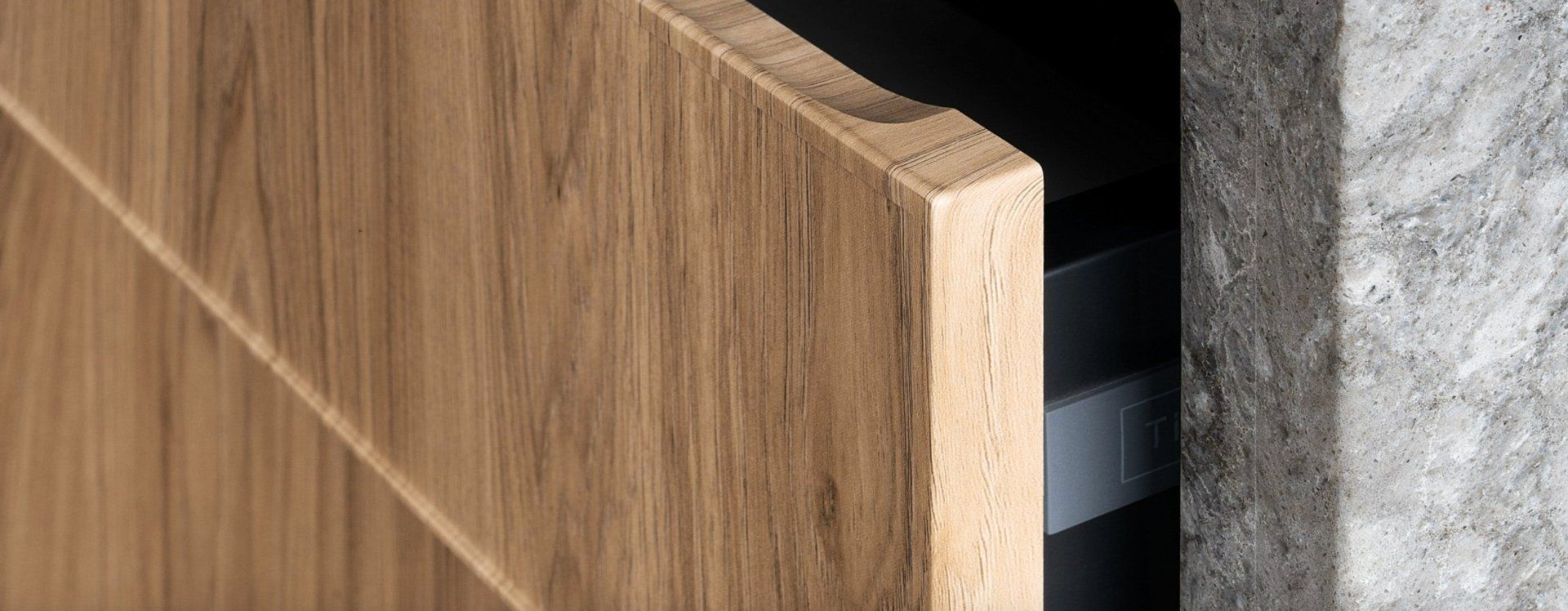
Slide title
Write your caption hereButton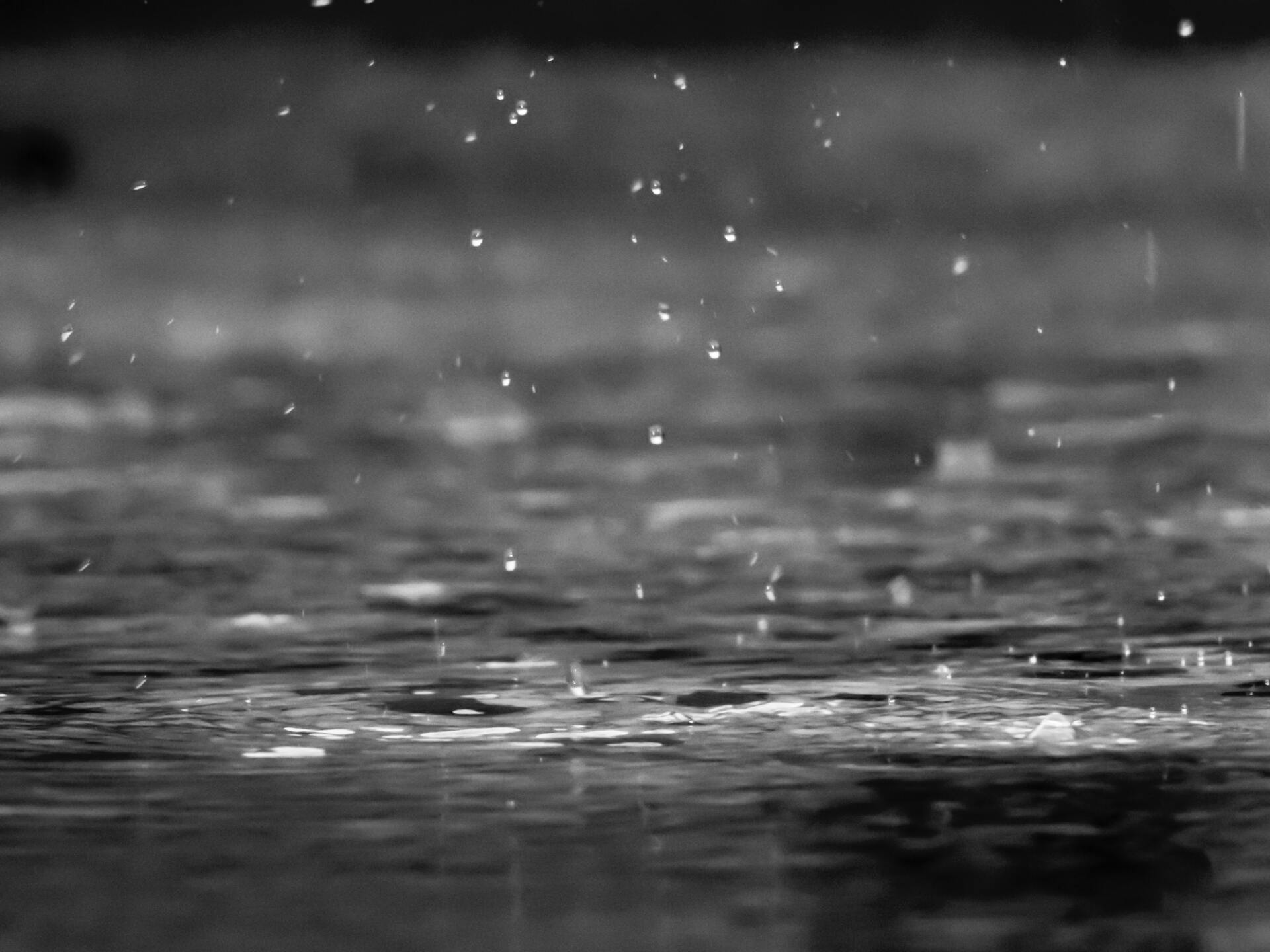
Slide title
Write your caption hereButton
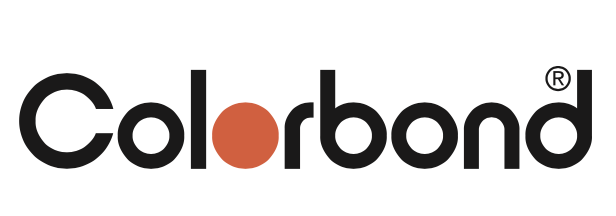
With over 50 years’ history in Australia, COLORBOND® steel has become part of the landscape of our country. From towns and cities, to the countryside and coast. Tested in Australian conditions, and designed for our Australian way of life, COLORBOND® steel is durable and resilient to Australia's harsh climate and its long life helps conserve resources and energy that may otherwise be invested in products with a shorter life span.
All COLORBOND® steel contains recycled content and the steel in COLORBOND® steel is 100% recyclable. In some cases it can be reused without reprocessing, again saving on energy and resource use.
Fire Performance: Whether you live, or are planning to build in a bushfire prone area, or simply want to increase the bushfire performance afforded to your home, COLORBOND® steel can be a key part of your bushfire design solution.
Thermal efficiency: Many people know that the colour of your roof can make a difference to your cooling bill and no less than five of the colours in the COLORBOND® steel range qualify as solar reflective (light coloured) roofing under the Green Star Communities tool. But there's another way that COLORBOND® steel can help make your home more energy efficient. Every colour (except Night Sky®) in the standard COLORBOND® steel range features Thermatech® solar reflectance technology. Thermatech® technology is designed to reflect more of the sun's heat on hot, sunny days, which can mean less dependence on air-conditioning, plus reduced heat stress for your roof. Discover more here.

Polytec is an Australian Made decorative board and laminate brand. Forever the creative thinker, Polytec invests in pioneering new products and range developments to equip cabinet makers, architects, designers and consumers alike with a palette that’s contemporary, modern and comprehensive.
On a daily basis, Polytec strives to foster an eco-friendly and sustainable environment that minimises its environmental footprint. Making products that are long-lasting - and low-maintenance is central to that. Polytec products are manufactured from managed and renewable plantation pine and on request can be purchased as Responsible Wood chain of custody certified. All Polytec board products are manufactured from E0 or E1 CUSTOMwood MDF and CUSTOMpine particleboard. Waste is managed responsibly through recycling programs encompassing aluminium and metals and used oils, while timber waste is recycled back into energy and packaging. We subscribe to local government environmental initiatives and voluntary audits as well as our own internal Energy and Carbon Management Policy (ECM), which aligns with the Australian Government’s Energy Efficiency Opportunities (EEO) program. Download Polytec's comprehensive Sustainability brochure here.

Since being the first engineered quartz brand to launch in Australia almost 20 years ago, over 1 million Australian homes have chosen Caesarstone.
Caesarstone® gives you total peace of mind that you’ve chosen not just the durability and quality of a Caesarstone® surface, but an inspired centrepiece for a lifetime of experiences using one of nature's most durable materials.
Caesarstone – A Safe and Sustainable Stone Industry
YOUR QUESTIONS ANSWERED
What is Caesarstone?
Caesarstone is the company that manufactures and distributes a range of engineered stone and porcelain surfaces for homes and businesses, such as kitchen benchtops. While the name Caesarstone is commonly used to describe all engineered stone products, Caesarstone is one brand of engineered stone.
Are Caesarstone surfaces safe in my home?
Yes, completely. All engineered stone – and most stone materials such as slate, granite, sandstone, concrete, marble, and porcelain – contains some level of silica. In its solid form – such as in installed engineered stone benchtops – silica is considered by experts to be perfectly safe. There is no risk to those choosing to have a Caesarstone benchtop or surface in their home. Silica is only dangerous when released as dust through the fabrication of the stone – cutting, drilling, grinding, or polishing. In this process, workers exposed to silica dust through poor safety practices can develop serious health issues, including the lung disease silicosis.
Who fabricates engineered stone?
Caesarstone sells its products in slab form to independent stonemasons, who cut and shape it to size for kitchen retailers, cabinet makers and builders. It is this process that releases silica dust, which can create risks for workers if it is not handled using proper safety equipment and procedures.
Is this process safe for stonemasons?
The risks of silica dust and silicosis are well documented and understood. However, all silica-containing materials, including engineered stone, can be handled safely if proper equipment is used and proper procedures are followed. These include masks, ventilation, air monitoring and ‘wet cutting’, where water is used to suppress dust. Around Australia there are clear standards in place for the safe handling of stone products. These standards are enforced by work safety bodies in each State and Territory.
When a stonemason makes modifications onsite, is this dangerous to the consumer?
Caesarstone always recommends that fabrication of our products is performed in a controlled environment, such as a factory or workshop. When an installer decides that minor adjustments are necessary onsite, they must follow proper safety procedures, such as wet-cutting to eliminate dust.
What else is Caesarstone doing to help?
Since it began operating in Australia, Caesarstone has consistently taken action to promote a safe engineered stone industry. These efforts have included clear product handling and safety guidelines, warnings on each of our products sold and ongoing education and training programs for stonemasons. Caesarstone is also actively developing products that contain a lower percentage of silica. Caesarstone has engaged extensively with government, work safety bodies and industry to help foster better understanding of the issues related to silicosis and to promote safer working conditions.
Why not just ban engineered stone?
A ban on engineered stone would not solve the issue of silicosis. Even if engineered stone is banned, the presence of silica in all substitute materials (except wood and laminates) and in industries such as tunnelling, and construction means Australian workers will continue to face the risk of silicosis. There is no logic in banning one product that must be handled in exactly the same manner as all similar products, particularly with new low-silica engineered stone products containing less silica than some natural stone. The key to protecting stonemasons is the rigorous application of safe handling practices.
What is the future for engineered stone in Australia?
We hope and expect Australian governments will adopt a nationwide approach to managing the risks of silica dust and silicosis. This should involve a rigorous and enforceable nationwide licensing scheme for fabricators to ensure that proper safety standards are followed to protect workers. We expect the industry to move towards low-silica engineered stone products, bringing them into line with many natural stones. Caesarstone supports these changes and is here to stay in Australia.
Read more about Caesarstone’s ongoing efforts to build a safe and sustainable stone industry
Their comprehensive environmental agenda includes:
• Commitment to ecologically responsible production processes.
• The development of environmentally friendly products made with high levels of recycled materials.
• The implementation of internationally recognised sustainable industrial standards and practices.
Please visit Caesarstone's Environmental Commitment page here.
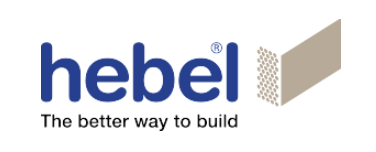
Hebel have developed a number of products and systems, including external cladding, internal walls, boundary walls, fences and floors for houses, apartments and commercial buildings. A lightweight masonry product, AAC
replicates a mineral that already exists in nature and uses readily available raw materials such as sand, cement, lime and gypsum, which combined with water and an expansion agent, produces a high quality masonry material. Hebel products and systems are designed and developed in Australia by CSR Building Products, and are rigorously tested to ensure a consistently high quality product, making building with Hebel efficient and low risk.
Hebel panels perform well thermally, helping to keep your house cool from the heat in summer, and keeping it warm and cosy in winter. That means less reliance on heating and cooling and can lead to savings on energy costs. Great acoustic performance means a reduction in noise between rooms, and floors, creating a quiet and peaceful home. Also, all Hebel products are non-combustible making it the safe and secure choice in bushfire zones.
Hebel is an environmentally friendly product, making it the smart choice.
Learn more here.

James Hardie® are a global industry leader in fibre cement products.
Hardie® products will not burn, remain resistant to moisture, termite damage, rotting––engineered to avoid swelling and warping*. They are impact resistant, low in maintenance and highly durable. The Scyon™
formulation range of advanced cement composite products also exhibit low density qualities making them easier to handle and install without compromising the core DNA of James Hardie™ durability.
James Hardie promotes energy efficient and sustainable design, when you specify and use James Hardie products, know they have been
manufactured with an emphasis on reducing environmental impacts, use sustainable, plantation-grown timber and abundant low toxicity products. They have no volatile organic compounds and produce a lower footprint on the world compared to many other building materials.
Key to these efforts is an unwavering commitment to a Zero Harm
safety initiative. James Hardie® recognise their ability to influence the communities in which we live and work around the world. While operating with a global mindset, they put great care into how our business impacts the local communities in which we operate and serve by sourcing, employing and delivering locally.
To discover more, visit here.
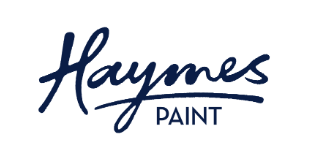
Born in Ballarat in 1935, Haymes are a family run business of four generations. With a focus on reducing water usage, energy consumption and emissions are key areas Haymes are improving their sustainability––protecting the environment for future generations.
Haymes Sustainability Policy
"To conduct our business with respect for the impact on the environment and the reduction of waste and emissions. This will be achieved by increased efficiency in the use of energy, water and raw materials, and developing products using the most sustainable raw materials where it delivers equivalent or better customer satisfaction and financial return."
Paintback® Initiative
Paintback is an independent not-for-profit organisation driven by the Australian paint industry. As a founding member of Paintback, Haymes in collaboration with other major paint manufacturers, played an integral part in forming Paintback and continues to actively participate in the scheme. The Paintback brandmark is proudly located on the back of Haymes product that is accepted as part of the scheme. Along with disposing of waste paint responsibly, Paintback is committed to researching new ways to repurpose unwanted paint materials. Paintback®, established in 2016, is a world-first, industry-led initiative designed to divert unwanted paint and packaging from ending up in landfill and vital waterways. Along with disposing of waste paint responsibly, Paintback is committed to researching new ways to repurpose unwanted paint materials.
To learn more, visit here.
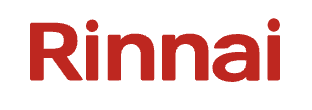
For over 45 years, Rinnai has provided Australians the comfort, convenience and reliability of our appliances. Our innovative products are designed with the environment in mind, with low emission technology and high efficiencies, as well as a host of other great features.
Rinnai have harnessed the clean energy nature provides using revolutionary technology. Their Enviroflo converts free renewable energy from the air, into reliable hot water for your home, and remarkably, with zero ozone depletion.
Rinnai’s Geoflo geothermal utilises stable ground temperatures and conditions your home with greater reliability in performance regardless of the outside temperature and our Rinnai Solar Hot Water uses clean, inexhaustible and free supply of energy from the sun.
To learn more, visit here.

The Phoenix story is local to Melbourne, creating bathroom and kitchen fittings through refined Australian design. For over 30 years, Phoenix have been trusted to deliver innovation, precision and quality in every product – designed in-house and made with pride – for a timeless experience in the home.
Phoenix Tapware embed sustainable principles into their processes to ensure they minimise waste and reduce environmental impact. Phoenix take extra steps to use 'greener' metals throughout their ranges, including stainless steel ––using less energy to manufacture and operate, helping create a closed loop of sustainability from conception, to end user. All brass and metal waste in the company is recycled and reused. When products are sent into the market, they ensure it is packaged in a way that can be recycled or composted. Phoenix value the materials and energy that go into each product, and are proud to have created a proactive recycling culture in their workplace.
The Phoenix products are designed to save water and reduce energy bills. They invest in flow restrictors that control the amount of water used, such as our HydroSense technology, and many of our products carry a 6 Star WELS rating. Read more about their accreditations and standards here.

